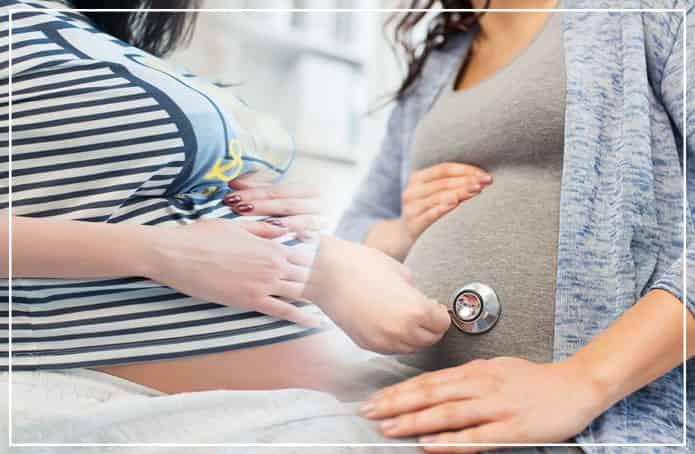❍ New Approach for Autism in Foetus
Recently a new study came forward on pregnancy. A new approach has revealed that a link between high levels of oestrogen sex hormones in the womb and an increased risk of developing autism was found by the European researchers for the first time.
❍ Research on Autism in Foetus
This study was carried out by researchers at the University of Cambridge, UK, and the State Serum Institute and Hospital of Southern Jutland in Denmark, in this new study the samples of amniotic fluid were taken from 275 individuals participating in the Danish Historic Birth Cohort, which in turn has collected amniotic samples from over 100,000 pregnancies.
❍ Observations of Autism in Foetus
Levels of four prenatal sex steroid hormones called oestrogens in the amniotic fluid samples were tested by the researchers conducting the studies. All the samples were similar with respect to, maternal age at birth, paternal age at birth, birth weight, gestational week, the time of sample collection and the storage of samples.
❍ Results of Autism in Foetus
The findings were published on Monday (06.01.2020) in the journal of Molecular Psychiatry, where it showed that all the levels of four oestrogens in the 98 male foetuses were significantly higher, on an average, who later developed autism, in comparison to the 177 male foetuses included in the study who did not develop into autism.
Levels of estradiol (the most potent oestrogen) levels were the most analytical diagnosis of autism, which the team had revealed.
The earlier results built on a 2015 study carried out by the team also showed that levels of four prenatal steroid hormones, including two known as androgens, in the amniotic fluid in the womb were higher in male foetuses that later developed autism. They had also used samples from the Danish Historic Birth Cohort.
The 2015 findings had also revealed that the androgens are produced in higher quantities on an average in male than in female foetuses; this too, gave evidence to the recent studies and might also explain why autism occurs more often in boys.
Moreover, the new research showed that high levels of oestrogens in the womb appear to be even more projecting the likelihood of autism than high levels of prenatal androgens such as testosterone. Although oestrogen is well associated with feminization, prenatal oestrogens actually also masculinise the brain in many mammals.
Professor Simon Baron-Cohen, the lead author commented that the new finding supports the idea that increased prenatal sex steroid hormones are one of the potential causes for the condition. Prenatal sex steroid hormones are well linked with Genetics and these hormones likely interact with genetic factors to affect the developing foetal brain.”
Alex Tsompanidis, one of the researchers also worked on the study and said “These elevated hormones could be coming from the mother, the baby or the placenta. So, a depth approach is required to study all these possible sources and their interaction during pregnancy.”
Conclusion of Autism in Foetus Though the team stressed that the above findings cannot and should not be used as a screening test for autism. As they wanted to understand, Autism well under high levels of the sex hormone oestrogen.
❖ Read More:
➥ These Everyday Habits Are Actually Hurting Your Bones
➥ If Suffering From Diabetes or Gestational Diabetes Stick To Healthy Diet Plan for Healthy Pregnancy
➥ Drinks Should and Should Not Be Taken In Pregnancy
➥ Sex Education in Schools: A Need or Necessity?
➥ Explore Pranayama: Power to Control Your Breath

























